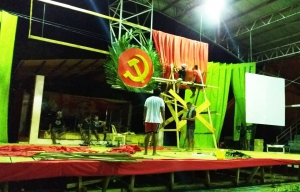KA LOSOY: 30 plus years in the people’s army
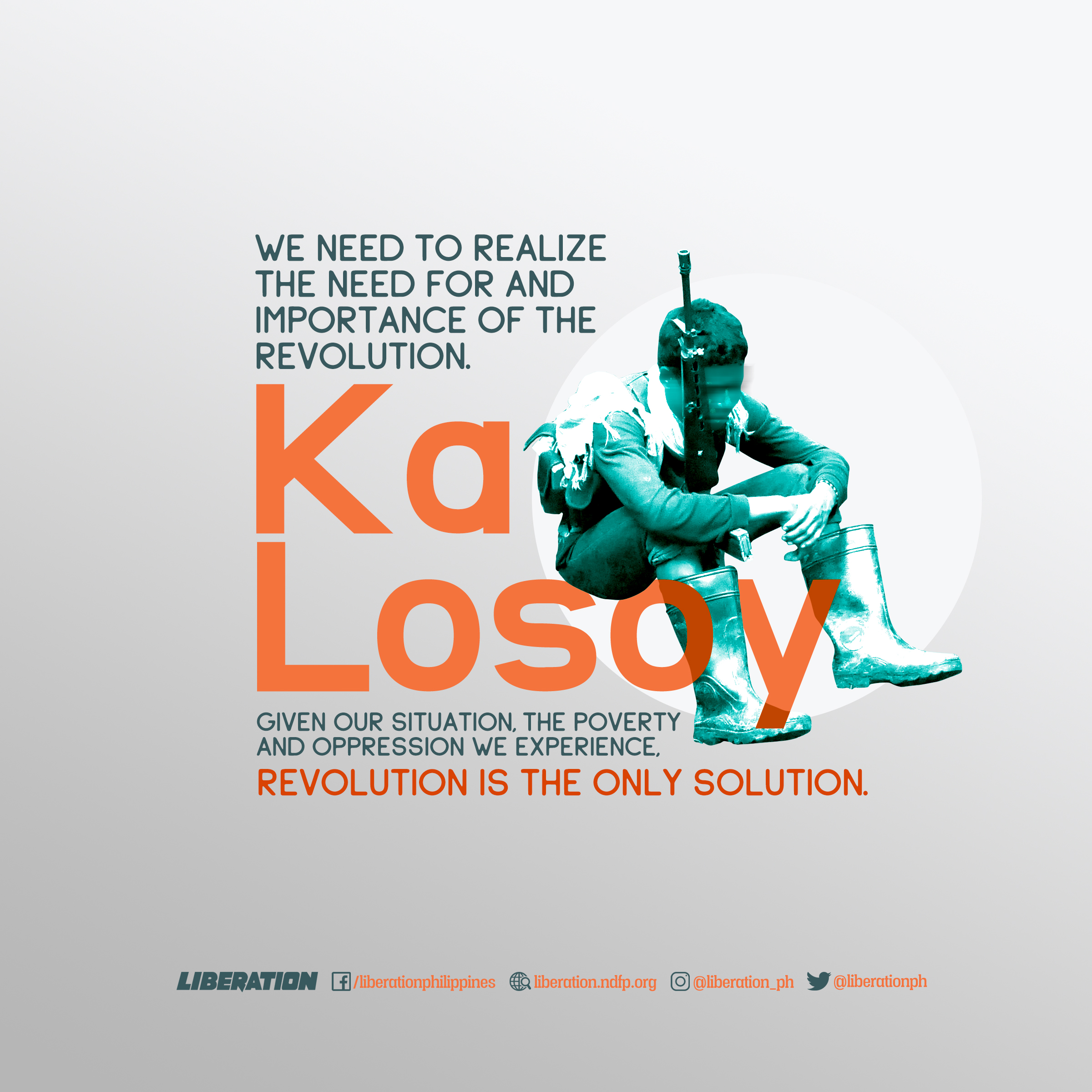
by Iliya Makalipay
One would right away notice the scar on his face. And upon seeing where my eyes had set, Ka Losoy immediately explained he got it from a firefight. He showed two more on his left arm. “The number of scars represent the number of times I was wounded,” he volunteered.
A platoon commander of the NPA’s Pulang Bagani Battalion (PBB) in the Southern Mindanao region, Ka Losoy has the qualities and experience that easily qualifies him to be company commander. He has been in the people’s army for more than 30 years, since 1987.
“But, he said he needs confidence, he is too shy to recognize his strengths,” Ka Adrian, a member of his platoon, butted in. Indeed, he was very shy, especially because this interview was among the few he granted.
Years before he joined the NPA, he had been a “contact” in the village where he lived, meaning comrades stayed in their house and gave him specific and limited task for the revolution. Among the comrades he first met was the slain commander of the PBB, Ka Parago or Leoncio Pitao.
With Ka Parago
When he joined the NPA, he was assigned to Ka Parago’s unit after a three-month stint with an armed propaganda unit or Sandatahang Yunit Pampropaganda (SYP). Since then, he has been with the PBB even after Ka Parago’s death in 2016.
His first experience of a tactical offensive was a pakana—a military operation where the NPA does not engage the enemy forces in a firefight or even use a single shot. The raid was successful, recalled Ka Losoy. They got the firearms they needed.
Remembering his experiences with Ka Parago, Losoy said they’ve been through highs and lows, successes and losses in their lives as red fighters.
He recalled how, during the height of the NPA’s military adventurism in the 80s, they would pursue the enemy through weekly tactical offensives, “puro putukan na lang.” Admitting that errors were committed at the time such as neglect of mass base building and agrarian revolution, “it came to a point when there was no more food to eat and bullets to fire.”
While recognizing the need to rectify the errors they committed, Ka Losoy maintained, “base sa experience, mas mahusay ang maniobra kapag malaki ang pwersa.”
Sacrifice
When Liberation staff asked NPA members before them which story they would want to feature, they all pointed to Ka Losoy, all for the same reason—that he has never been home for more than 30 years. Ka Losoy, unlike other red fighters, has never asked his collective for a “break” or a “vacation” to visit his family. When pressed for an explanation, Ka Losoy had no word for it; only a stare that hinted, “what’s wrong with that?”
He married when he was already in the NPA, but got separated eventually. He has a son who visits him when they set up camps or whenever his unit passes by the village where his son lives. Ka Losoy acknowledged that he gets bouts of loneliness and longing for his family, afterall kamingaw (Visayan word for loneliness) is the number one adversity among the red fighters. But, it is not a reason to leave the people’s army, Ka Losoy emphasized.
“We need to realize the need for and importance of the revolution. Given our situation, the poverty and oppression we experience, revolution is the only solution.”
He firmly believes discipline is key. “And always listen to your collective,” he added. He also takes Ka Parago’s words to heart: to persevere and remain determined to fight for the masses even when Parago is gone.
With and for the masses
For one who has been in the people’s army for 30 years—peaks and throughs—the victory of the people’s democratic revolution is a daily experience with the masses.
“‘Kung pangitaon ka sa masa, ug giila ka nila isip ilang sundalo, ilang hukbo—’mao man na ang pinakamalipayong parte sa kinabuhi sa usa ka NPA. Kadaugan man na.”
To Ka Losoy, victory is feeling the warm welcome of the masses when they go to the communities. It is being able to answer the questions of the masses and help them find solutions to their problems. It is hearing the masses cheer the people’s army after every tactical offensive against enemy forces. Victory is empowering the masses through the establishment of the local organs of political power.
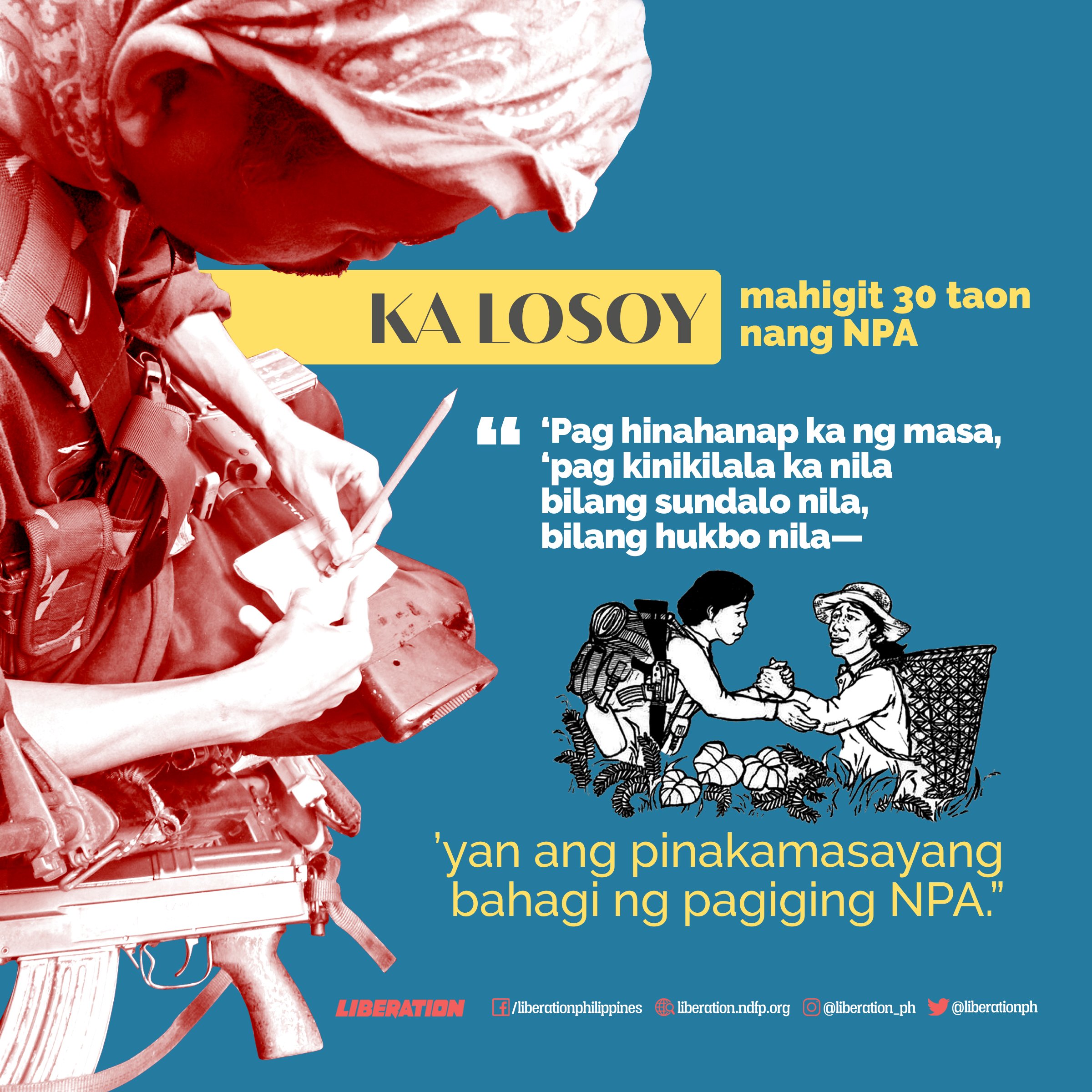


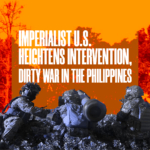
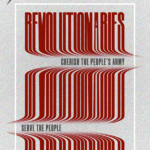

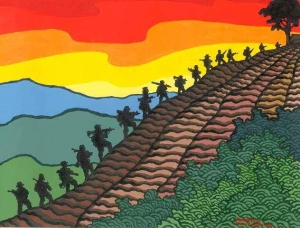
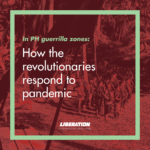
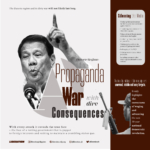
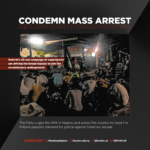
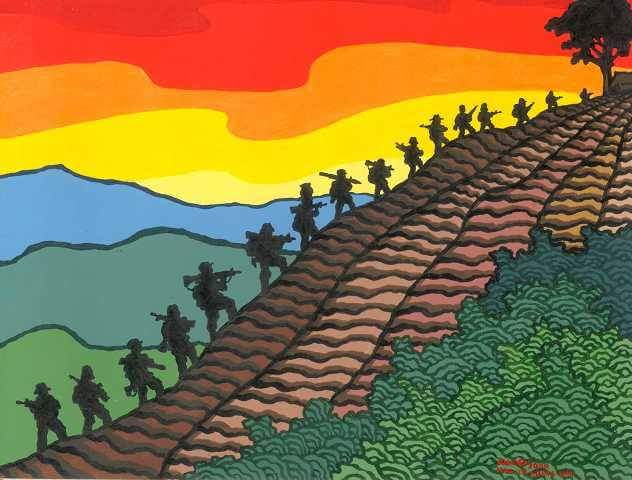

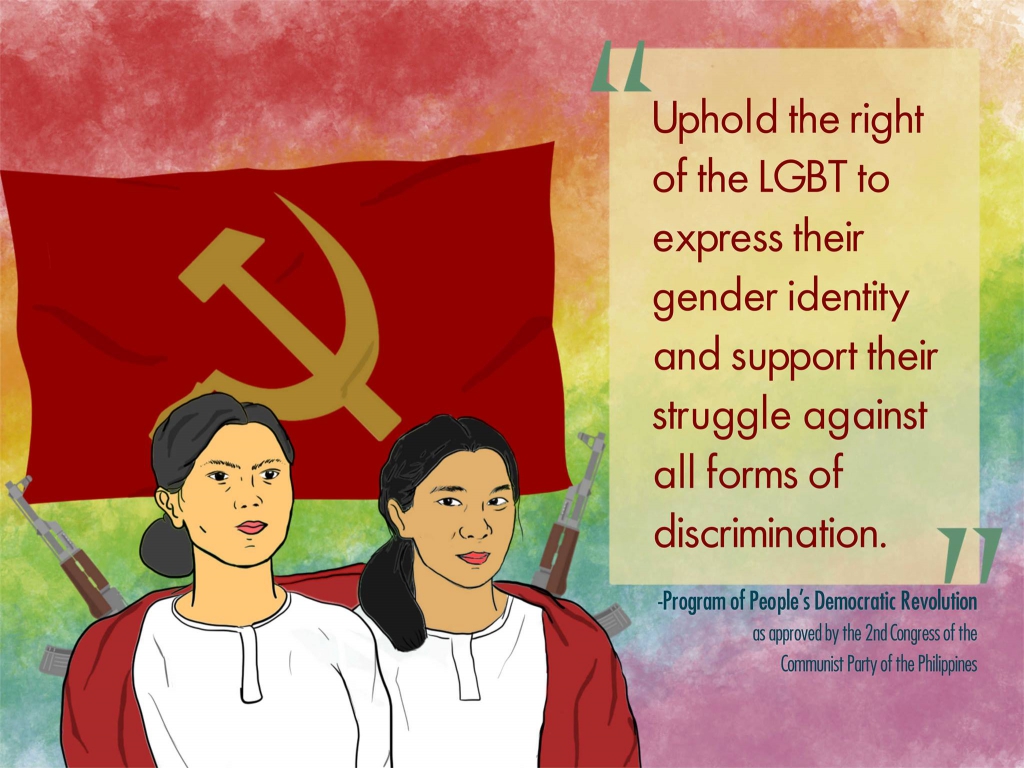
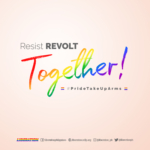
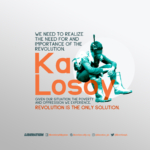

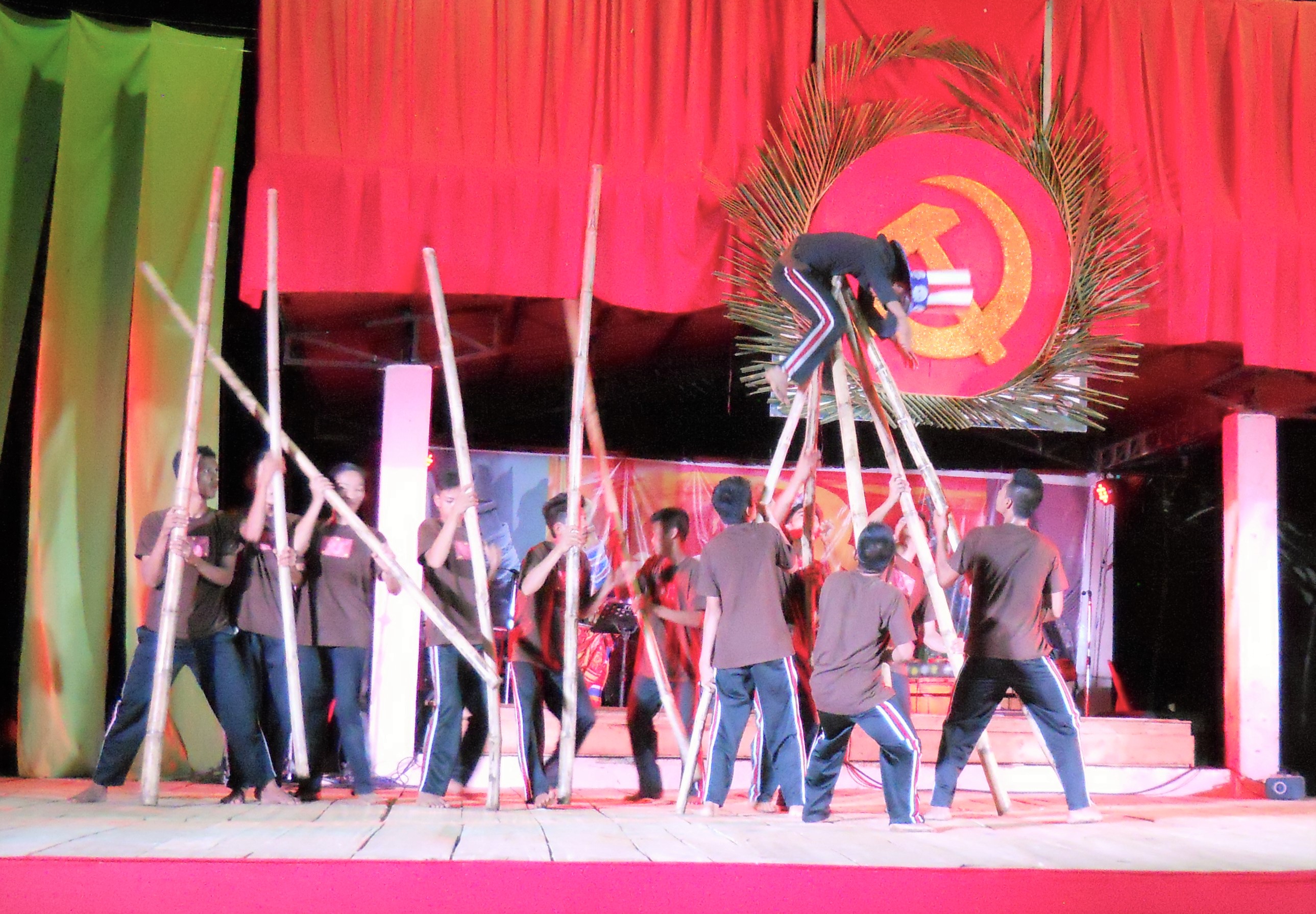
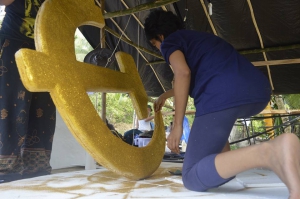 Strength and flexibility
Strength and flexibility 